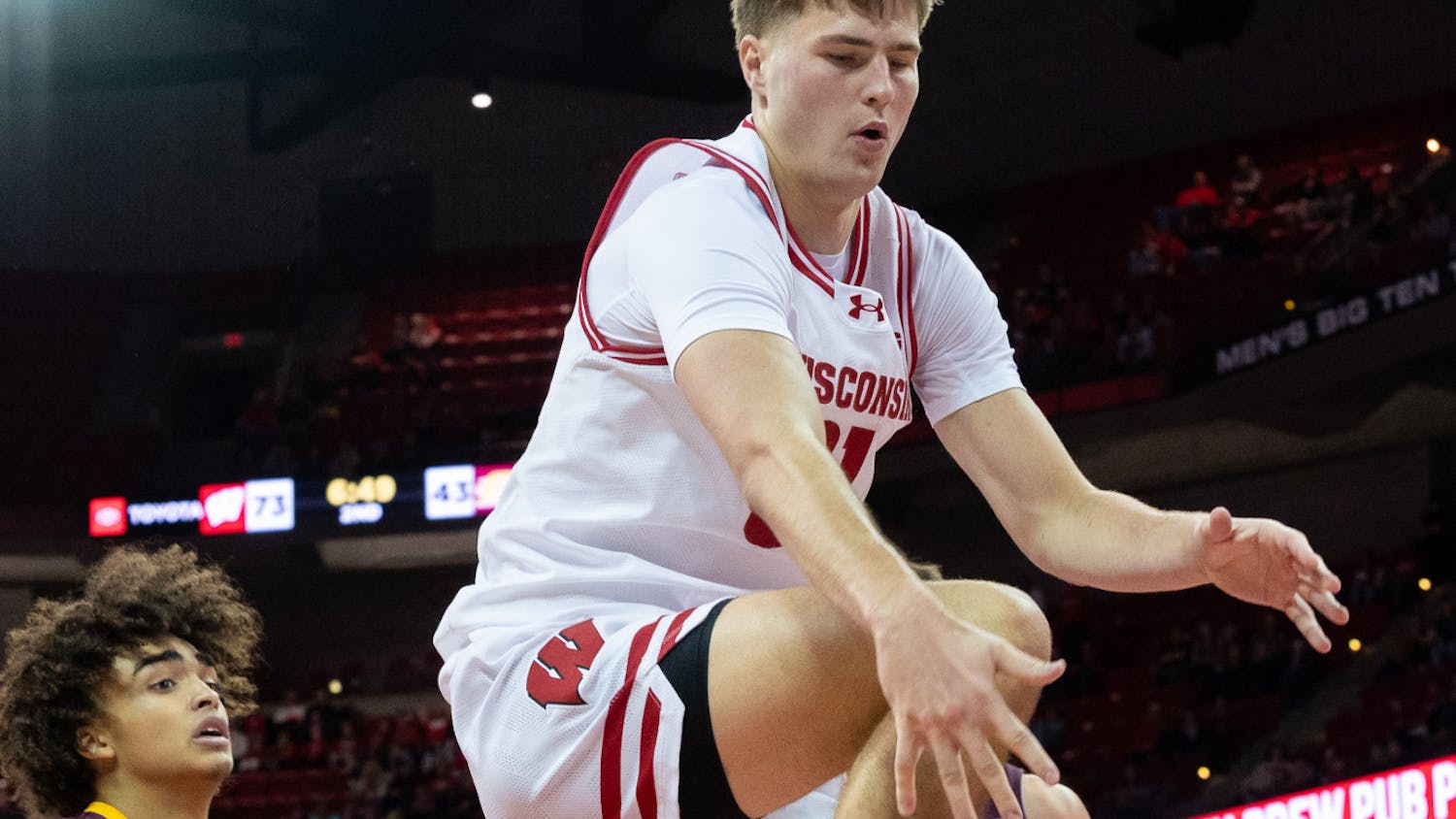President Joe Biden announced up to $20,000 in federal student loan forgiveness via executive action last month in his largest effort yet to address the U.S. student debt crisis.
Here’s what University of Wisconsin-Madison students need to know about student loan forgiveness:
How much money could I save?
Biden’s plan forgives $10,000 in federal student loans for individual borrowers who earned under $125,000 or joint-filing couples who earned under $250,000 during the pandemic, according to the White House. Additionally, borrowers who received any Pell Grants while enrolled in college are eligible for up to $20,000 in forgiveness. Eligibility does not depend on whether borrowers finished their degree or defaulted on their loans.
Are current students eligible?
Current undergraduates and graduates with federal loans may be eligible for relief. Students who filed taxes independently of their parents in 2021 and made less than $150,000 qualify, but for those claimed as dependents, eligibility hinges on parental income — not personal income. Only loans disbursed before June 30 of this year are eligible for relief.
How far does the plan reach?
Of 43 million Americans with federal loans, according to Vox, 15 million owe less than $10,000, and those borrowers are the most likely to fail to pay back their loans. Biden’s plan will eliminate student debt for approximately 20 million people, according to the White House, decreasing monthly payments by an average of $250 for borrowers still on standard 10-year payment plans. It also extends the pause on monthly student loan payments, meaning borrowers won’t have to resume payments until at least January.
How much will the plan cost?
The Committee for a Responsible Federal Budget estimates Biden’s plan will cost $230 billion, but this was a conservative estimate that excluded additional aid for Pell Grant recipients from its calculations. However, the CFRB projects $380 billion in total student loans will be forgiven — $150 million more than the program’s cost. Most of this benefit is going to the upper half of the eligible income bracket.
Is relief subject to taxes?
Student debt relief is not subject to federal income tax, but Wisconsinites receiving relief will need to report it as taxable income on next year’s taxes. Wisconsin currently taxes individual income above $24,250 and married income over $32,330 at a rate of 5.3%, meaning at least $530 in tax for those who receive $10,000 or $1,060 for those who receive $20,000 from Biden’s plan.
Wisconsin is one of 13 states who have not yet conformed with the provisions of the American Rescue Plan Act and suspended taxes on debt relief. The state legislature would need to rescind the tax to align with the federal government, but Republicans in the legislature will likely oppose the change.
What does student debt in Wisconsin look like?
Over 687,000 Wisconsin borrowers owe more than $21.4 billion in student loans, according to TMJ4, with a median federal student loan debt of $17,323. Twenty-two percent of Wisconsinites have student loans, while 12% specifically have federal loans.
Is loan forgiveness automatic or do I need to apply?
The U.S. Department of Education already has information on 8 million borrowers, meaning they may qualify automatically. However, most recipients will need to manually apply for student loan forgiveness when the application is released in early October. You can sign up to receive an alert when the application is ready at ed.gov/subscriptions.
Student debt adjustments should happen within six weeks after you submit your application. The department will stop taking applications on Dec. 31, 2023.
What if I have private or commercial loans?
Most private loans are not eligible for loan forgiveness. However, Federal Family Education Loans (FFEL) are eligible for forgiveness if they were previously eligible for the loan repayment pause that began in 2020. If your FFEL loan did not qualify for the repayment pause, you may need to consolidate it into a federal direct loan to qualify. The department encourages those who do not wish to consolidate their FFEL loan to wait for future guidance.
If you’re wondering whether or not your loans qualify for forgiveness, contact your loan servicer.
When will loan payments resume for those with leftover student debt?
Student loan payments will resume in January 2023. Borrowers who received loan forgiveness can ask their loan servicer to recalculate their payments over the remaining loan term for a lower monthly payment. However, borrowers already enrolled in income-driven plans likely won’t see their payments change. Biden recently proposed a plan to cap those payments at 5% of discretionary income, but when this would take effect remains unclear.
Will student loan forgiveness actually happen?
Probably, but it’s unclear. Biden’s executive order relieving student debt is unprecedented, and while he cites the 2003 Higher Education Relief Opportunities for Students Act as justification for student loan forgiveness, some believe the move is outside his authority.
A former Republican senate candidate from Oregon filed a lawsuit against the Biden administration on Monday, arguing the President’s plan violates that 2003 law. While such a lawsuit has minimal chance of succeeding, according to the University of Virginia Law Review, loan forgiveness reversal is still a slim possibility.
Alex Tan is a staff writer for the Daily Cardinal specializing in state politics coverage. Follow him on Twitter at @dxvilsavocado.






